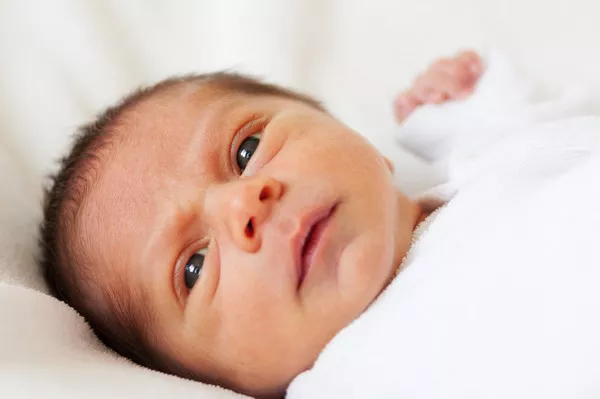Preparing for the arrival of a newborn involves making a multitude of decisions, from choosing the perfect crib to stocking up on essential baby supplies. One crucial item on every new parent’s shopping list is diapers. However, determining the appropriate quantity of newborn diapers to purchase can be a perplexing task. In this article, we aim to provide guidance and insights to help you navigate the diaper dilemma and determine how many packs of newborn diapers you should buy.
Newborn Diaper Consumption:
Understanding your baby’s diaper consumption during the newborn stage is key to estimating the number of diaper packs required. Newborns typically need frequent diaper changes due to their small bladders and more frequent bowel movements. On average, a newborn may require anywhere between 8 to 12 diaper changes per day. However, individual babies may vary, and factors such as feeding patterns, metabolism, and diaper size can influence the frequency.
Diaper Size and Weight Considerations:
Newborn diapers are specifically designed for babies weighing up to around 10 pounds (4.5 kilograms). However, babies grow rapidly during their first weeks, and their weight can vary significantly. It’s important to keep track of your baby’s weight gain to ensure the diapers fit comfortably and provide adequate absorption. Some babies may outgrow newborn-sized diapers within a few weeks, while others may continue to use them for a month or longer. Consider purchasing a small pack of newborn-sized diapers initially and assess your baby’s weight gain and fit before stocking up.
Bulk Purchasing and Savings:
Buying diapers in bulk can often result in cost savings, especially when considering newborn diapers that are used for a relatively short period. However, exercise caution when purchasing large quantities of newborn diapers as babies grow quickly, and it’s challenging to predict the exact duration they will fit into a particular size. Investing in a few packs initially and then purchasing additional packs as needed can help avoid unnecessary waste and ensure an appropriate diaper fit.
Considerations for Cloth Diapering:
If you plan to use cloth diapers for your newborn, the quantity required will depend on your preferred laundering routine and the number of diaper changes per day. Cloth diapers typically require more frequent changes than disposables, and having an adequate supply of cloth diapers, inserts, and covers is essential to maintain a consistent rotation. Consult with cloth diapering resources or experienced parents to determine the optimal quantity based on your chosen cloth diapering system.
Unexpected Factors and Contingency Planning:
Newborns can surprise parents with unpredictable factors, such as diaper blowouts, increased diaper needs during illness, or diapering preferences specific to your baby’s needs. It’s wise to have a contingency plan and include a buffer when estimating the number of newborn diaper packs to purchase. Keeping a small stockpile of diapers beyond the estimated requirement can help you stay prepared for unexpected situations without the need for last-minute runs to the store.
Conclusion:
Determining how many packs of newborn diapers to buy is a crucial decision for new parents. By considering factors such as diaper consumption, baby’s weight, sizing considerations, cost savings, cloth diapering preferences, and unexpected situations, you can make an informed estimation.
Start with a small supply of newborn-sized diapers and monitor your baby’s growth and diaper needs closely. As your baby grows, be prepared to transition to larger sizes accordingly. Remember, it’s always better to have a slightly surplus supply than to face the inconvenience of running out of diapers.
Ultimately, every baby is unique, and your baby’s specific needs will play a significant role in determining the quantity of newborn diapers required. Stay flexible, be observant of your baby’s cues, and adapt your diaper stockpile accordingly to ensure a comfortable and hassle-free diapering experience for both you and your precious little one.


